And, so, THAT Anniversary too is on my mind: 22 Years Ago, October 7, 2001, US-NATO Invaded Afghanistan: It Was Presented as “Act of Self Defense.” “America Was Attacked by an ‘Unnamed Foreign Power.'”
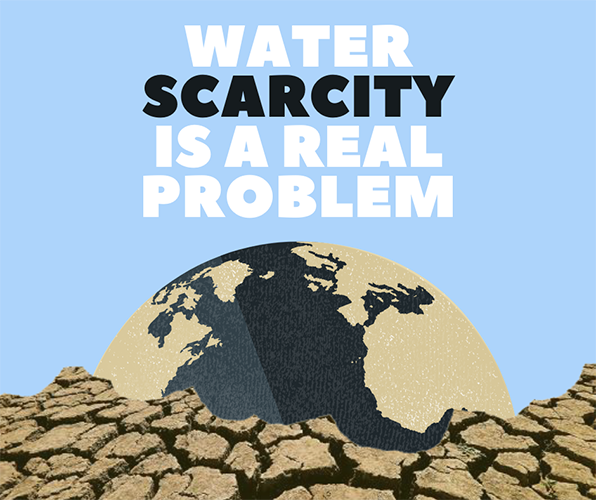
From silly to serious, these national and international celebration days give pause for serious writers.
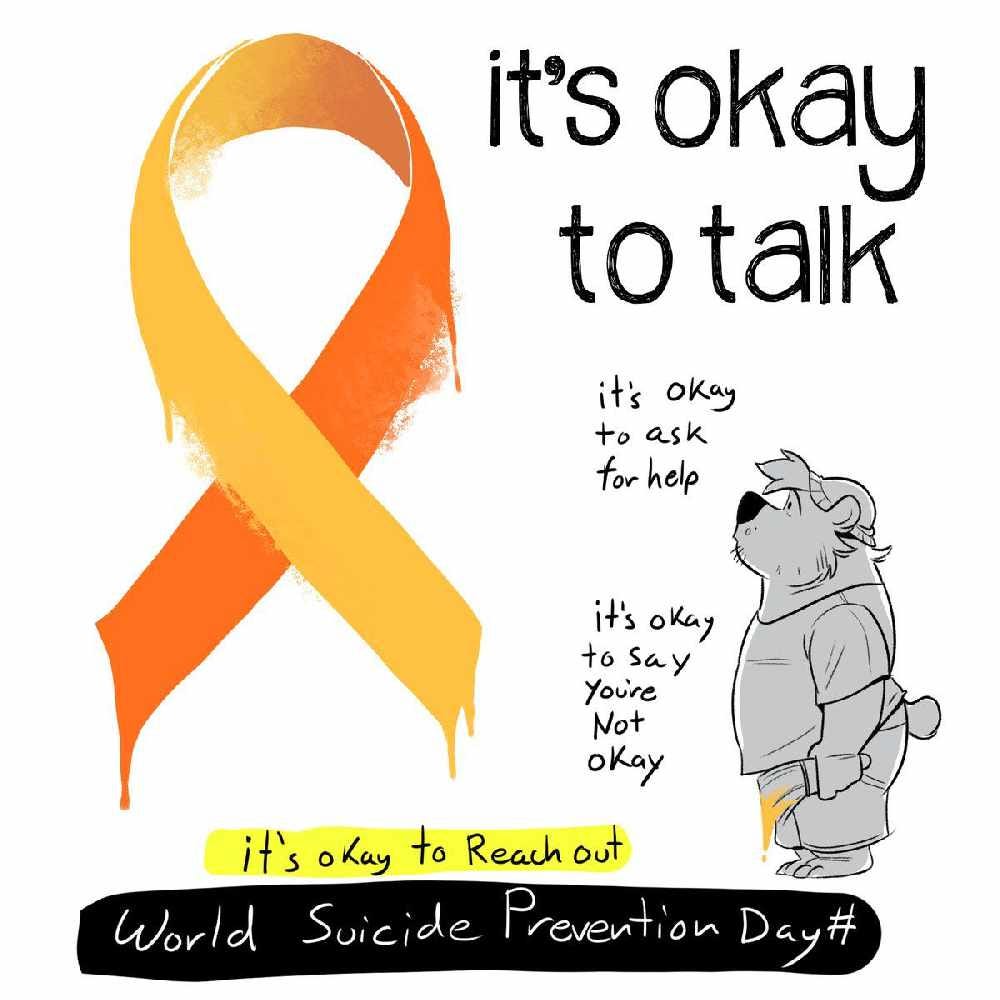
Shoot, here are some powerful dates to remember: 9/5, International Day of Charity; 9/8, International Literacy Day; 9/10, World Suicide Prevention Day; 9/16, International Day for the Preservation of the Ozone Layer; 9/18, World Water Monitoring Day.
Rapidly changing global context took a new meaning over the past years, hampering the literacy progress and widening inequalities across world regions, countries, and populations. In low- and middle-income countries, the share of 10-year-old children who could not read and understand a simple text with comprehension has increased from 57 per cent in 2019 to an estimated 70 per cent in 2022.
In this context, this year’s International Literacy Day will be celebrated worldwide under the theme, ‘Promoting literacy for a world in transition: Building the foundation for sustainable and peaceful societies’.
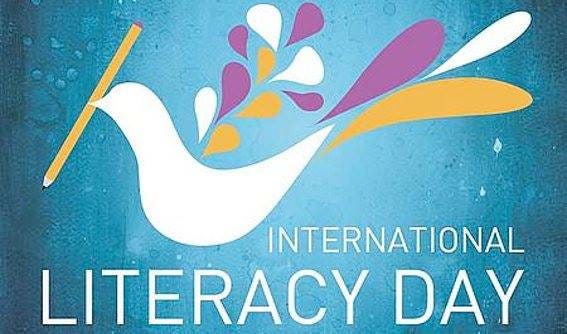
It is incumbent upon the reader to check out national and international days, weeks and months of recognition. Heck, K12 educators could develop curricula around deep and not-so-deep topics for each month.
Heck, National Guacamole Day (9/16) might seem like a foodie thing, but in the hands of competent teachers, the details of how the dip is made unravels some seriously environmentally and culturally damaging aspects of the avocado.
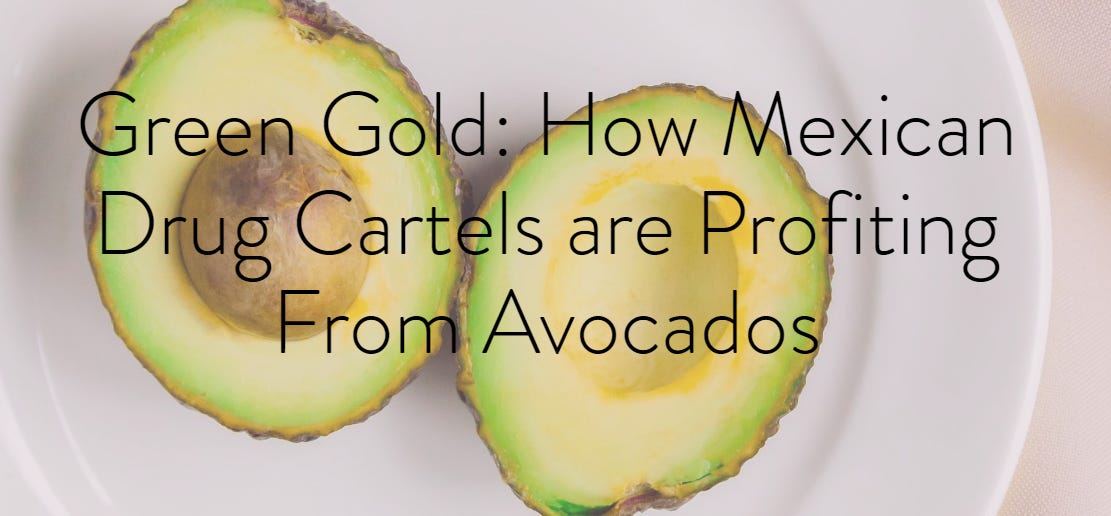
Here comes the downer: Up to 20,000 acres of forest are believed to be cleared yearly to facilitate avocado crops. Water: It takes more than 500 gallons of water to grow only 2 pounds of avocados. Yep, transportation and pesticides add to the negative outcomes of a guacamole dip.
My adopted country, Mexico, pays the brunt of the avocado farming: Avocado production is valued at $3 billion annually, ahead of Mexico’s beer and tequila industries. That money has attracted the country’s cartels.
I still have journalist buddies in Juarez and elsewhere covering avocado violence: The thugs’ tactics include “protection fees,” but much worse — cutting down swaths of forest to start their own orchards. Just like the old USA Mafia days, avocado “pickers” have been forced to work at gunpoint for no pay. Trucks full of avocados have been robbed and hijacked.
Cartels even use government databases to find, extort, and kidnap avocado farmers. In some instances, cartels directly take over the farming lands, becoming ‘informal owners’ of the fields or installing avocado orchards on protected woodlands. They ensure they get their share of a thriving industry using force, intimidation, and violence.
When I was teaching college in El Paso, we adopted a systems thinking approaches to topics. We looked at redistributive justice programs, and restorative conservation. We studied embedded/embodied energy and the impact of consumer goods and services. We did cradle to grave (life cycle) analyses.
For every great idea, there are a dozen or hundreds of negative/bad consequences.
That was September, but now we’re in October? Banning, and, in some sense, book burning, if you consider being de-platformed and demonetized on the Internet. But here, from my days as a writing and literature instructor in Oregon, Washington, Texas, New Mexico, Mexico:
The American Library Association has tracked attempts to ban or restrict access to books across the United States and “to inform the public about censorship efforts in our libraries and schools.”
Last year the ALA, documented 1,269 demands to censor library books and resources, the highest number of attempted book bans since ALA began compiling data about censorship in libraries more than 20 years ago.. Of the titles entered into this report, the majority were written by or about members of the LGBTQIA+ community or by and about Black people, Indigenous people, and people of color.
Or head over to the Project Censored, and you will understand another form of “censoring” and “banning” of stories that should be at the forefront of our critical debates about our society, our world.
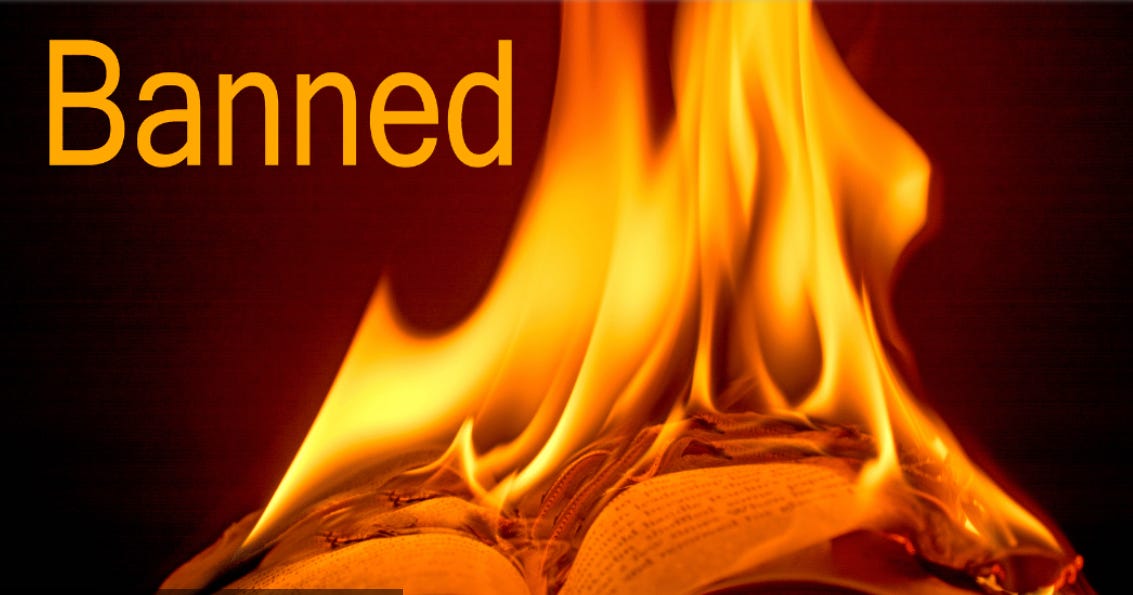
Banned in the USA: Banned Books Week Celebrates its 40th Anniversary as Book Bans and Challenges to Academic Freedom Surge = Link
- -Betsy Gomez is coordinator for the Banned Books Week Coalition.
- -Cameron Samuels is a recent high school graduate and activist from the Katy Independent School District near Houston, Texas. Cameron was named the Youth Honorary Chair of Banned Books Week (the first time the title has been awarded) for actively opposing book banning in the District as a student there.
- -Jordan Smith is the digital editor at the Comic Book Legal Defense Fund.
- -Nico Perrino is Executive Vice-President at the Foundation for Individual Rights and Expression, formerly known as the Foundation for Individual Rights In Education, an organization specializing in protecting academic freedom.
That’s where I also take my students – projectcensored (dot) org. The Top 25 Most Censored Stories of 2012-2022 actually threads through how broken our reprehensive and participatory democracy is.
Take a look at the ALA’s list of challenged and cancelled books, and then go to Project Censored:
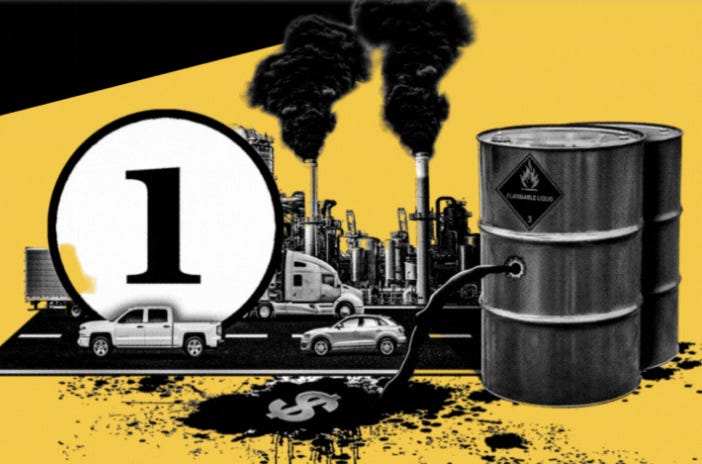
- Federal Safety Agency Underreports Deaths of Offshore Oil and Gas Workers;
- Injustice for Incarcerated Women in Maryland after State Defunds Prerelease Facility;
- School-Issued Technology Poses ;
- Surveillance Risks for Students;
- Facebook’s Blacklist of “Dangerous Individuals and Organizations” Stifles Public Debate;
- Concerns for Journalistic Independence as Gates Foundation Gives $319 Million to News Outlets.
The presentation of the Top 25 stories of 2021-2022 extends the tradition originated by Professor Carl Jensen and his Sonoma State University students in 1976, while reflecting how the expansion of the Project to include affiliate faculty and students from campuses across North America has made the Project even more diverse and robust. The Top 25 stories of 2021-2022 have been selected from several hundred candidate stories submitted by 207 student researchers from ten US college and university campuses.
You’re biting at the bit to get into stories that were reported by valiant and intrepid reporters at less well known, or so-called alternative media sites, to discover what we need to know about our democracy, our world.
Are you willing to let (sic) educators broach these topics in the school system, i.e. 6-12 classes?
Do your own biases and contexts hold you back from allowing for more critical looks at the world around you?
While the banned books week (Oct. 1-7) is worthy of discussing with your friends and family and children, getting deeper in your lives beyond your “news” feeds and posts on social media platforms is paramount in making wise decisions based on knowledge and points of view.
In Portland, where I worked for years as educator and social worker, I went to a Peace Park near the Lloyd Center. It’s almost hidden, not a high profile site. But what I gathered from my visits was a reminder of another sort of banning. My friend, a US Air Force combat veteran friend, Rusty Nelson, spoke about peace and alternative ways to serve one’s country at a Spokane high school graduation ceremony.
His message was one of peace and asking students who were graduating to look deeper into the role of the military and politicians in exporting harm to the world, as well as bringing back that harm to the US in the form of damaged soldiers.
In Portland, I worked with soldiers, veterans, many of them homeless and struggling through substance abuse. Their problems occurred through in many cases bad leadership in boot camp. All my female clients had been sexually assaulted by their own soldiers, in the USA and sometimes in combat areas.
As a substitute teacher, here in Lincoln County, I too have felt the knife of banishment. I was asked to leave a class I was teaching when students asked about drug abuse, homelessness, and their role in understanding themes in the books I was directed to help them with – Of Mice and Men and Animal Farm.
Banning, disenfranchisement, ghosting, gas-lighting, marginalizing, manipulating facts, being found guilty without a fair hearing or airing of a situation, those are also the Scarlet Letter moments in this supposed free and open society.
I have to say to Rusty, who was permanently banned from the Spokane School system as an expert and active member of Spokane’s justice community, “Peace out, brother.” He and his wife started the Peace and Justice Action League of Spokane. Here are comments he made in 2016:
“Be creative, kind, considerate. Be involved, outspoken, radical, subversive. Stop worrying about where your next dollar is coming from, and be concerned about where your neighbor’s next breath of fresh air and drink of clean water are coming from, where your child’s next raft of information is coming from, where your next tax dollar is going, your next consumer dollar. Make your needs known to your local officials and be tenacious.”
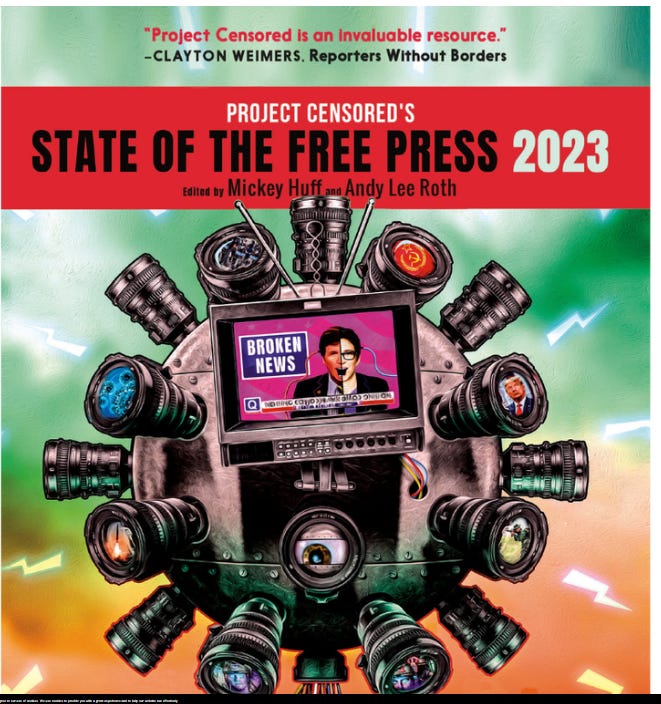
My older stuff at the Newport News Times: Banning books: An American tradition that should be stopped
Freedom of the press means having a press in the first place
Haeder, Paul, Newport News Times.
*****
Finally, you will hear nothing in the Mainstream Mush and Muddling and Murdering Press about this reality – Oct. 7, 2001.
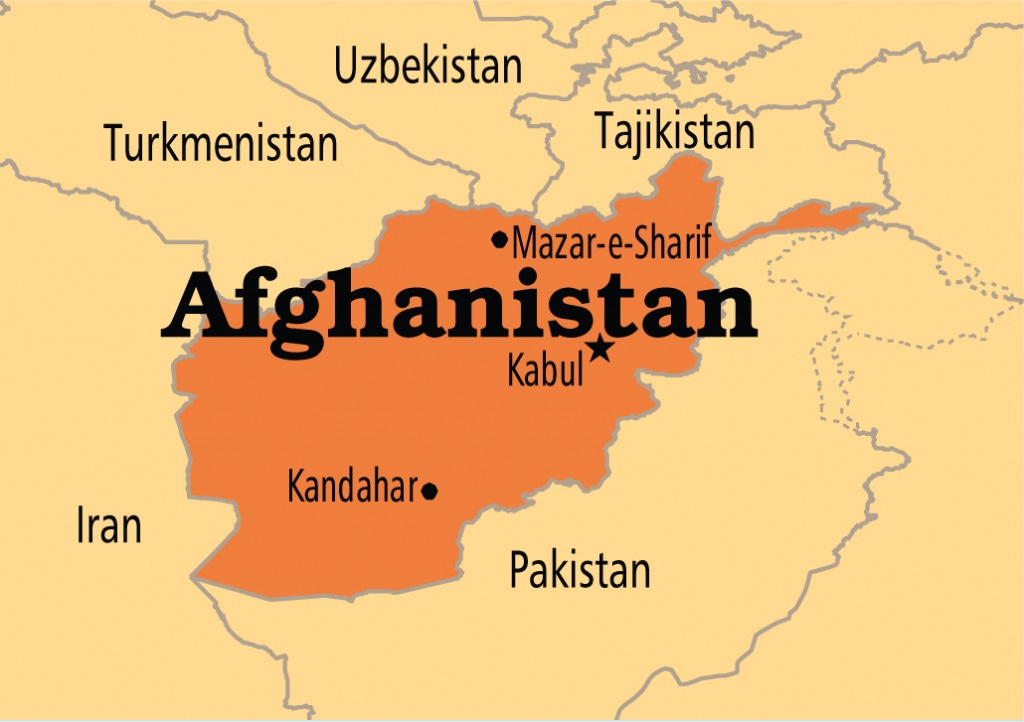
Freedom to Lie Press. Here, reality. A Day of Infamy (many many of those for all the countries bombed, invaded, couped, sanctioned by the U$A)!
The legal argument used by Washington and NATO to invade Afghanistan was that the September 11 attacks constituted an undeclared “armed attack” “from abroad” by an unnamed foreign power, and that consequently “the laws of war” apply, allowing the nation under attack, to strike back in the name of “self-defense”.
The “Global War on Terrorism” was officially launched by the Bush administration on September 11, 2001. On the following morning (September 12, 2001), NATO’s North Atlantic Council meeting in Brussels, adopted the following resolution:
“if it is determined that the [September 11, 2001] attack against the United States was directed from abroad [Afghanistan] against “The North Atlantic area“, it shall be regarded as an action covered by Article 5 of the Washington Treaty”. (emphasis added)
In this regard, Article 5 of the Washington Treaty stipulates that if:
“The Parties agree that an armed attack against one or more of them in Europe or North America shall be considered an attack against them all and consequently they agree that, if such an armed attack occurs, each of them, in exercise of the right of individual or collective self-defence recognised by Article 51 of the Charter of the United Nations, will assist the Party or Parties so attacked by taking forthwith, individually and in concert with the other Parties, such action as it deems necessary, including the use of armed force, to restore and maintain the security of the North Atlantic area.” (NATO, What is Article 5, NATO Topics – NATO and the Scourge of Terrorism, accessed 24 November 2009, emphasis added; October 7, 2001. Afghanistan was invaded under the doctrine of “self-defense”)
This article was posted on Friday, October 6th, 2023 at 4:07pm and is filed under Afghanistan, Censorship, Disinformation, Freedom of Expression/Speech, Language, Narrative, NATO, Propaganda.
All content © 2007-2026 Dissident Voice and respective authors | Subscribe to the DV RSS feed | Top










